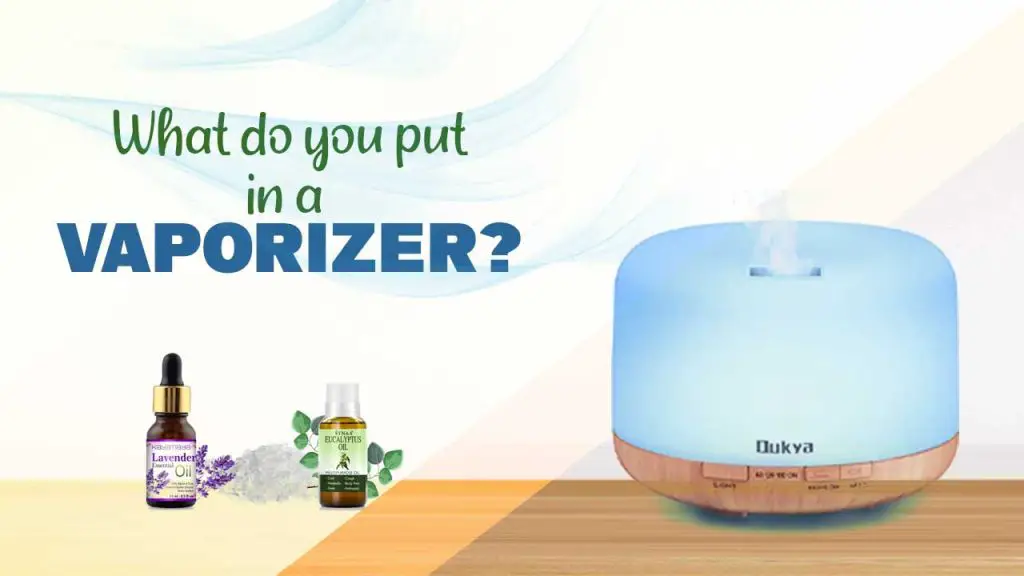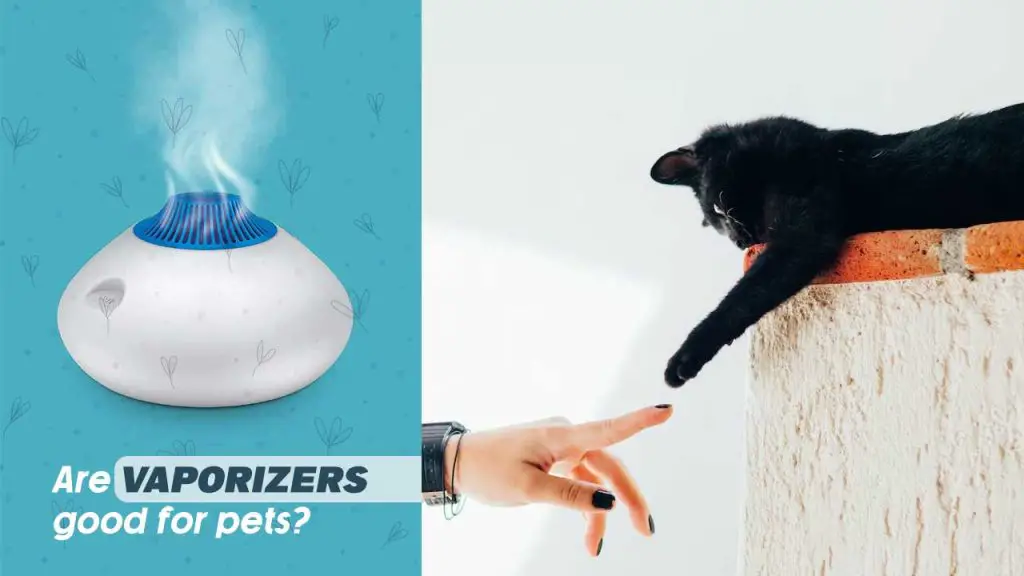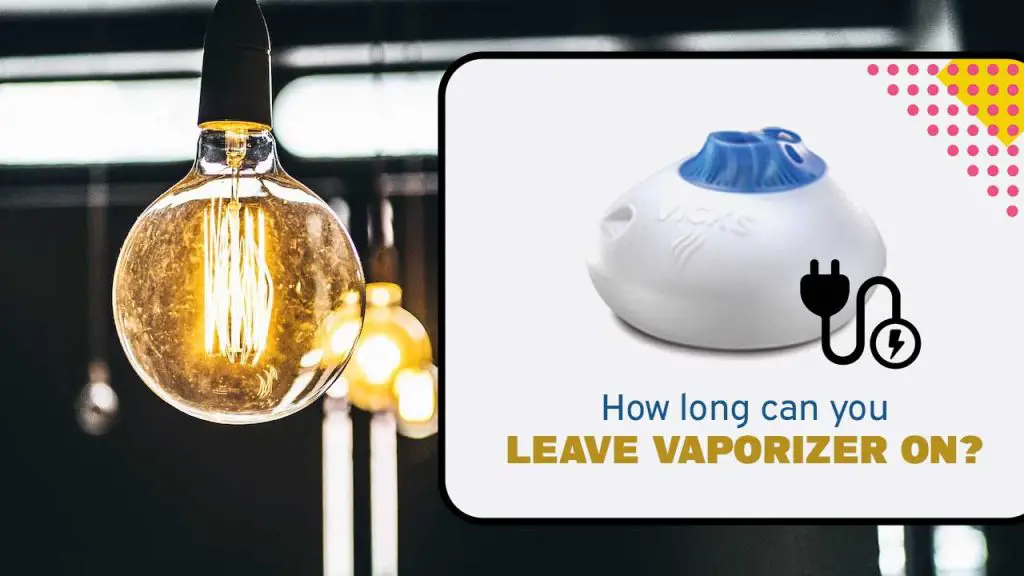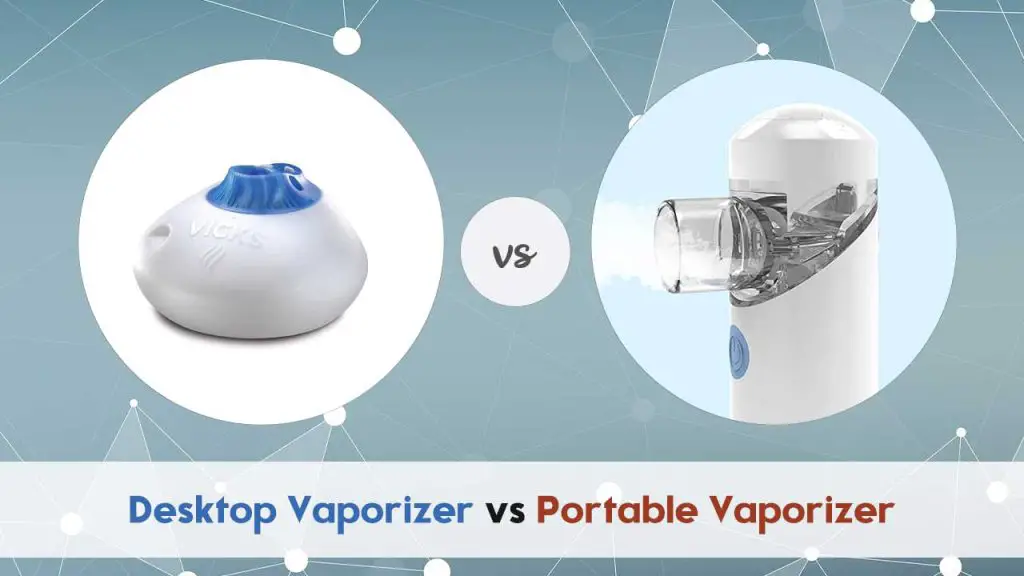A vaporizer is more commonly known as a vape and is used to produce steam that can be inhaled for some specific benefits. It is a device that converts liquid substances, such as medicine or some therapeutic substances, to vapor so that it is easier for those in the room to enjoy its benefits.
The essence of a vaporizer is to help release the active ingredients in whatever liquid substance and herbs in the form of vapor for seamless consumption. But what exactly can you put in a vaporizer?
There are quite a number of substances that can be put in a vaporizer. Primarily, vaporizers, such as the Vicks Warm Steam unit, do better with liquids and oils because it is easier to convert liquid to vapor.
But, what other specific substances can you put in a vaporizer? We’ll attempt to answer some of those questions that you have struggled with for a long time so that we can provide clarity on the best way to use a vaporizer.
Can You Add Salt to A Vaporizer?
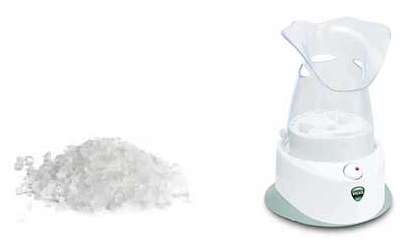
We do not advise that you add salt to a vaporizer. There are cases where people add salt to the water in a humidifier to boost the conductivity and make vaporization faster and easier.
However, this is not advised, and certainly not if you’re using a vaporizer unless the manufacturer specifically states that you should.
The problem with using salt is that it can cause corrosion on the filter, heating element and even the seals, which can eventually cause severe damage to your unit. Also, adding salt to your vaporizer can invalidate your warranty, especially if the manufacturer warns against it.
There are some cases where salt is allowed in a vaporizer. For instance, in areas where the water is too “soft” and doesn’t contain enough minerals, salt can be added to make the steam strong enough.
However, be careful not to add too much salt to the device as this can trigger excessive boiling and cause damage to your unit’s components.
Salt may also damage an electrical fuse in the vaporizer and even trip the circuit breaker. We advise that you do not put salt in a vaporizer at all, but even if you do, keep it at a very low quantity.
Can You Put Eucalyptus Oil in A Vaporizer?
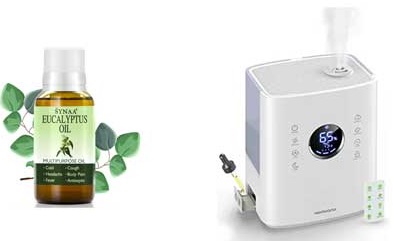
The answer is Yes. You can use eucalyptus oil in a vaporizer. Although there are lots of controversies around the use of essential oils in vaporizers generally, it can be very beneficial if used the right way.
Eucalyptus oil is derived from the eucalyptus tree and is used for the treatment of asthma, and nasal congestion, and for repelling certain pests and parasites like ticks.
While essential oils can be very beneficial when inhaled, there are indications that heating up essential oils like eucalyptus beyond 150°F may result in abnormal compounds emanating.
This can cause harm to the mouth, teeth, lungs, and nose because the compound begins to burn surfaces that it comes in contact with. So, if you must put eucalyptus oil in a vaporizer, make sure it doesn’t heat beyond 140°F.
Although this won’t be hot enough to provide sufficient steam and vapor, it may offer some useful amounts of oil.
One way to go is to add a small amount of eucalyptus oil in water for some good results. As long as it doesn’t get to harmful boiling temperatures, it should do fine. However, you still need to watch out for some reactions.
Can You Put Lavender Oil in A Vaporizer?
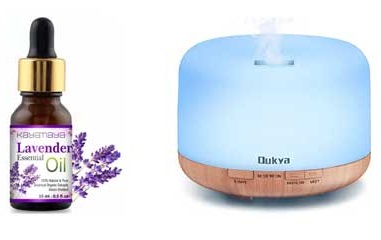
Yes, you can, but you also have to apply caution. Just like in the case of eucalyptus oil, you need to watch the amount of lavender oil you put in your vaporizer as well as the temperature.
Boiling the lavender oil beyond 150°F can convert it to toxic compounds which can affect your health significantly.
That said, inhaling the steam of lavender oil can help you sleep better, relieve stress, and generally offer a comfortable aroma for relaxation. But you must do it the right way.
We recommend you add only about 3-5 drops of lavender oil to the 150 to 200ml vaporizer. This is the best way to derive the much desired health benefits of lavender oil if you decide to put some in a vaporizer.
Do Vaporizers Need Distilled Water?
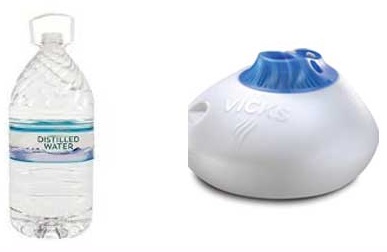
The answer is Yes and No. There are two ways to look at it. If you use water in a vaporizer, what the unit releases in the air as vapor is actually distilled water when collected.
Very few (if any) minerals are vaporized, so it may not matter if you do not put distilled water in the vaporizer. In fact, vaporizers require some mineral content to function well.
Steaming and vaporization are easier and faster when the water contains minerals. This is one way to look at it when considering the argument against the use of distilled water in a vaporizer.
On the other hand, there are some concerns about putting non-distilled water in a vaporizer. The argument for vaporizer distilled water suggests that mineralized water can leave plaques, residues and deposits in your unit.
The point is, deposits will form in the parts of the unit and may even affect components like the filter over time. This can affect the general integrity of the unit and cut short its lifespan if left unattended.
What Can You Put in A Vaporizer Besides Water?
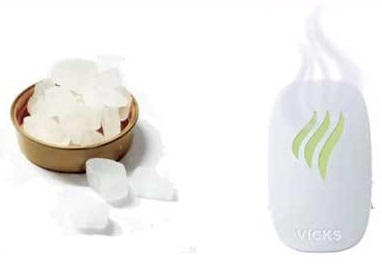
The recommended liquid to put in your vaporizer is water, distilled or not, just be sure it is clean water to protect your health. However, there are also other things you can put in a vaporizer and we’ve looked at some of them already.
These include essential oils like eucalyptus, lavender, mint, rosemary, and camphor. Some of these essential oils need to be checked out with the doctor and prescriptions may need to be provided as they can help with allergies, cough, asthma, nasal congestion, and lung infections, among others.
Just be sure you do not put too much.
Stick within the recommended drops, usually 3 drops for every 150ml, and also do not boil for too long. Heating essential oils beyond 150°F can be dangerous to health so that should be something to avoid if you use other substances apart from water.
Final Words:
It is important to note that the answers provided here may not necessarily be the general rule of thumb for all models and types of vaporizers. Some models may work better with salt, eucalyptus oil, lavender oil, and other oils, while some may do quite badly.
The solution is to consider the unit you’re getting and read through the manufacturers’ instructions to know what works best for the unit.
Overall, a vaporizer can be a very useful device to help with needed treatment, aromatherapy, and relaxation, but you must know what to put in the machine and how best to use it.
| Photo | Title | Buy |
|---|---|---|

|
LEVOIT Air Purifier for Home & Bedroom - For Allergies and Pets Hair | Check Price On Amazon |

|
BREEZOME 60 OZ Quiet Dehumidifiers for Home, Dual-Semiconductor | Check Price On Amazon |
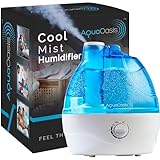
|
AquaOasis™ Cool Mist Quiet Ultrasonic Humidifier for Bedroom & Large room | Check Price On Amazon |

|
43.3'' Portable Air Conditioners, 3-IN-1 Evaporative Air Cooler w/Remote | Check Price On Amazon |

|
BlueDri BD-AS-550-BL Negative Machine Airbourne Cleaner HEPA Air Scrubber | Check Price On Amazon |

|
Space Heater, VCK 24" 12ft/s Fast Quiet Heating Portable Electric Heater | Check Price On Amazon |
